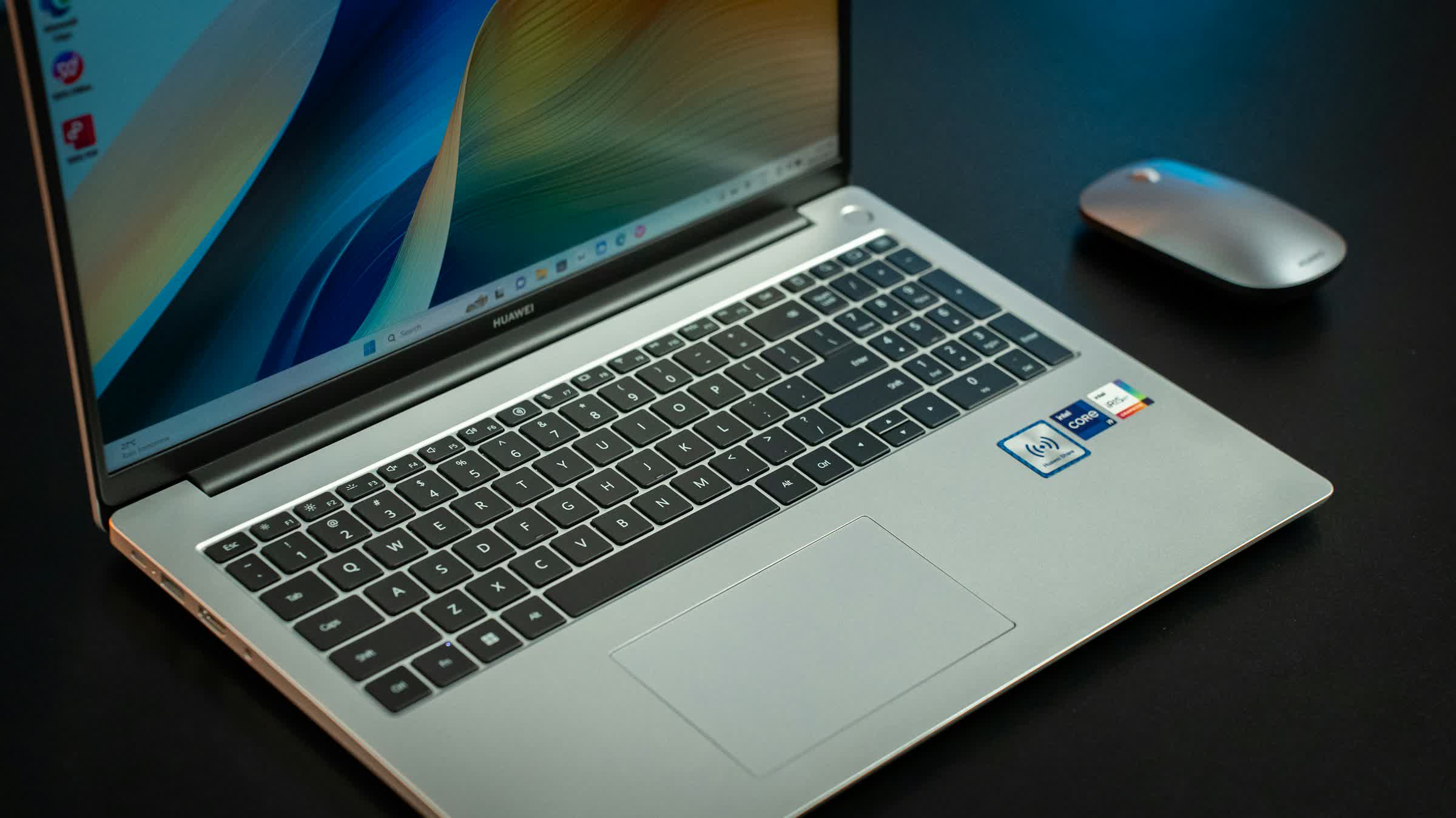Something to look forward to: If there's one thing all Windows laptop users would appreciate, it's a longer battery life. Thankfully, Microsoft is testing a new feature in Windows 11 that will make your portable PCs last longer when not plugged into an outlet: an adaptive energy saver mode – one that doesn't affect the screen brightness.
Windows 11 Energy Saver mode – formerly called Battery Saver – is a one-click low-power profile. Enabling it activates several power-saving features, including reducing the screen brightness by 30% (the amount can be customized), capping power delivery to the CPU/GPU, pausing background activity/apps, stopping Microsoft apps from syncing, disabling some visual effects, and more.
Now, Microsoft is beginning to preview Adaptive Energy Saver on devices with a battery. The company explains that it is an opt-in feature that automatically enables and disables energy saver, without changing screen brightness, based on the power state of the device and the current system load.
Microsoft doesn't go into any more details, but the feature is essentially a smarter, almost invisible layer that opportunistically applies Windows' low-power profile whenever the workload allows – no waiting for the battery gauge to drop or for you to remember to hit the leaf.
It's expected that the mode will activate power-saving features when you're performing low-demand tasks such as light browsing or writing in Notepad. Anything more demanding, like playing games, will cause the adaptive energy saver to be automatically disabled.
The main thing to remember is that this all happens without the screen brightness constantly changing, which for most people is the most notable and irritating power-saving method. And it's all optional, of course – you can stick to the current way of turning Energy Saver on and off whenever you like.
According to an unofficial community summary of an Insider Q&A session that circulated on social media in mid-June, adaptive mode extended mixed-use laptop runtime by 4 to 10 % over classic thresholds.
Microsoft is testing Adaptive Energy Saver in current Canary Channel Windows 11 builds. Expect it to arrive for all battery-powered Windows 11 devices later this year.
Image credit: Amanz
Microsoft tests adaptive energy saver to extend battery life on Windows laptops

